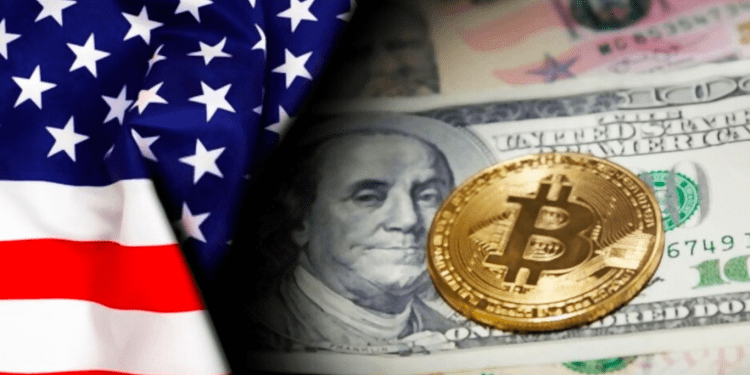The U.S. government recently won a case against a crypto company, LBRY, a blockchain company based on publishing, and a judge ruled that the company had to offer its digital assets as securities to the government.
There was no chance of the SEC’s claim being rejected by the law as their claims were obvious. LBRY had offered their credits as investments in its content distribution network without being registered as a security.
Around this time last year, the U.S. Department of Justice also seized everything from James Zhong. It is now recorded as the largest seizure in the cryptocurrency history of the U.S. department of justice and remains the second-largest financial seizure they have registered.
James Zhong pleaded guilty to the charge, and the government was able to seize BTC found at his home, with him voluntarily letting go of the additional Bitcoin he had stolen to the government.
The U.S. being able to crack down on a cryptocurrency-related financial crime is a great deal on the path of the blockchain industry. This may mean even more inclusion of traditional financing and all its benefits to the crypto industry if the U.S. government is more involved in cracking down on crypto-related crimes; it may aid in reducing the crime rate in the crypto space, especially as the hacks have gone up to an alarming amount, if there are more laws regulating these hacks and charging these hackers for their crimes, there would be a noticeable reduction in these hacks.
The U.S. Stance On Cryptocurrency
The U.S. securities and exchange commission (SEC) has said that cryptocurrencies are considered securities and apply to the security laws. They are comprehensive to wallets and exchanges. The commodities futures commission adopted a friendly approach to cryptocurrency while allowing it to be labeled as a commodity so it can be traded.
The government made it essential to clarify that all crypto exchanges are to comply with the rules of the country surrounding traveling and that all information needed would be shared when necessary, especially about the origin and beneficiary of any particular crypto transaction, which will allow traditional and digital assets to be on the same plane in the law, allowing crimes in the blockchain industry to be curtailed.
The SEC filed a lawsuit against the crypto publishing company when they violated U.S. laws by selling their credits without carrying out the tasks of registering them to the government as securities.
Will The U.S. Gaining More Control Make Or Break The Crypto Ecosystem?
The U.S. has that much hold on cryptocurrency will help them understand the cryptocurrency market better. It may broaden their knowledge and attention on cryptocurrency, which will, in the long run, help the blockchain ecosystem as the influence of the U.S. government is wide. It’ll help if more aspects of cryptocurrency are legalized, which may motivate other countries to implement more crypto-related rules into their laws.
There are more chances of the U.S. having hold of that much crypto being to the advantage of the cryptocurrency market than there is a disadvantage, especially since the reason most countries do not have more laws that are accepting of the cryptocurrency space is that they view it with an eye of suspicion. Still, if there are laws curated to regulate crypto, there might be more acceptable for them, and it’ll help boost the crypto market.
The U.S. getting more involved in the crypto has a high potential to help the space, and it could also be a way out of all the hacks that the crypto industry has suffered, especially recent, which has been hit after hit and the worst timing with the downtime the market is facing.
Also, as the U.S. government gains more control over things in the blockchain space, there will be more control and more solutions to some of the problems facing the crypto space.
Conclusion
The crypto space is still growing, and it’ll continue to garner the attention of different governments, especially if more people globally adopt cryptocurrency. There will be more pressure on these countries’ governments to regulate the flow of crypto so that it doesn’t go out of control and the crime rate doesn’t spike up.
These laws would help ensure that the government is at the helm of things and can create a way to monitor how money is going in and out of the blockchain industry, which will help the economy’s growth.














